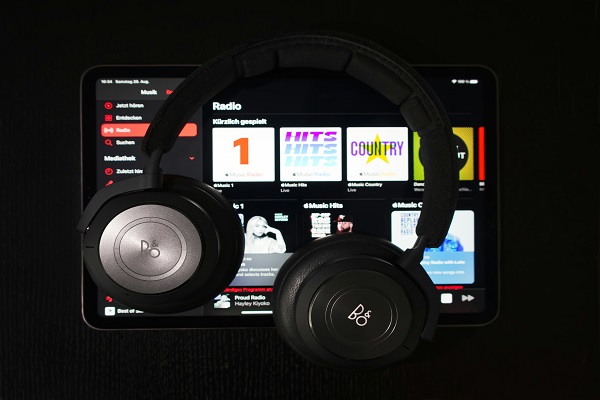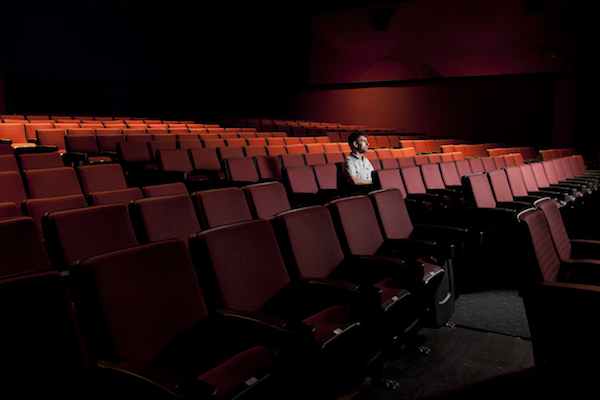Disruptive Tech and Entertainment
Digital streaming platforms. Subscription-based movie ticketing services. 4K Ultra HD.
Innovative technology is transforming the ways in which your customers acquire and consume their favorite entertainment. And the technology is constantly changing.
As an entertainment company, how can you use take advantage of technical disruption within your industry? IDEA faculty members Michael D. Smith and Rahul Telang conduct tech-driven research on the cutting edge of the industry to ensure that you are staying ahead of trends from the moment of creative conception to the release date.
Research Results
Despite industry-wide anxiety over digital used book marketplaces, only 16% of Amazon’s used book sales cannibalize new book sales. Each year, the used book marketplace generates more than $87.92 million in total welfare to society.
Our comprehensive literature review has characterized the impact of online markets on long tail and blockbuster products, digital word-of-mouth for promoting content, and overall Internet consumer behavior.
Combining tiered pricing with reduced album pricing leads to an 18% increase in label revenue and a 23% increase in consumer surplus. Even without tiered pricing, unbundled albums substantially outperform “album-only” pricing policies.
Recently, publishers have experimented with delaying eBook availability to bolster hardcover sales. However, our research found that delaying eBook availability does not increase print book sales. In fact, it also reduces eBook sales by 43.8%.
Online peer review systems are largely self-regulating. Even when movies are artificially promoted or demoted in peer rating lists, these movies quickly return to their true quality position through subsequent reviews.
The introduction of digital distribution channels does not negatively impact the cross-channel sales of digital movies. Instead, these promotions often precipitate a positive spillover across purchase and rental channels.
Our novel method of measuring information diffusion in online music communities has revealed that the users are six times more likely to diffuse a new song to their peers than they would be in the absence of this community.
We demonstrate that the ranking mechanism used by search engines does not factor in the conversion rate of longer key phrases. Our research shows placement in the top position does not guarantee optimized revenues.
Using an external "shock", we found that theatrical attendance directly impacts subsequent DVD/Blu-ray demand: a 10% decline in theatrical attendance results in an 8% reduction in DVD/Blu-ray demand.
In light of the absence of research on the causal impact of ad expenditure, we have found that television advertisements have an effect on product demand and purchase decisions. On average, a $3 million Super Bowl ad yields an additional $8.4 million in opening weekend box office revenue.
Based on data from over 33,000 concerts in the United States from 2000 to 2011, we have found that the digital music era has led musicians to turn to touring as their primary source of revenue. As a result, artists tour more often and visit venues across a wider geographic dispersion.

We study the impact of songs appearing on bestseller lists in online music streaming platforms, and find that being added to the top 100 charges increases song discovery by 11-13%.
Media Outlets & Op-Eds

Gen AI companies have drawn heavily on unlicensed copyrighted materials to train their large language models, which has sparked legal battles. Courts are divided on whether training AI on such content constitutes fair use.
Media producers often delay the digital releases to promote physical sales, which increases demand for pirated content. By releasing material over both channels simultaneously, content creators can improve sales and reduce piracy.

Business leaders often pay more attention to the word digital than the word transformation. We discuss lessons that can be learned from Hollywood's successful navigation of digital transformation to its business model.

We discuss how the economics of bundled streaming platforms differ from the traditional economics of the motion picture industry, and the implications of these new sales formats for leaders in Hollywood.












